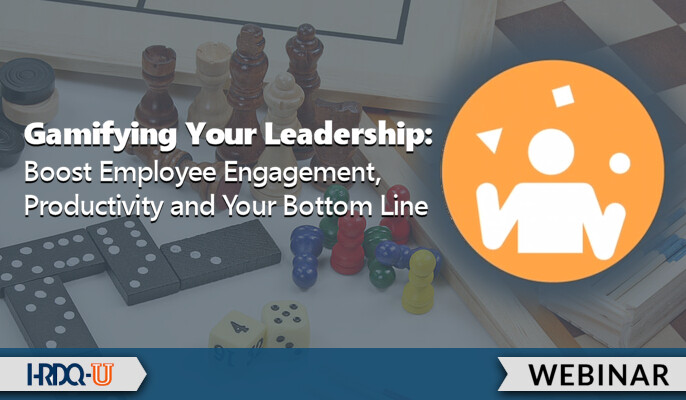I first thought that my game design background and using brain science to thrive at work had little to do with each other. Wow, was I wrong! It turns out leaders have a lot to learn from game designers.
When I left my career in game development to found Happy Brain Science so I could spread the science of happiness, I figured I was leaving my game development background behind. But one of our newsletter subscribers along the way recommended I read the book Glued to Games: How Video Games Draw Us In and Hold Us Spellbound by Scott Rigby and Richard Ryan. Whoever you were (maybe someone in a class at Blizzard Entertainment?), thank you!
Glued to Games connected my worlds, and it can connect your worlds, too, if you’ve ever enjoyed a game and you work with others. Rigby and Ryan lay out a compelling, data-driven case that games are so compelling for so many of us because they do a great job of satisfying core human needs: autonomy, mastery, and relatedness.













